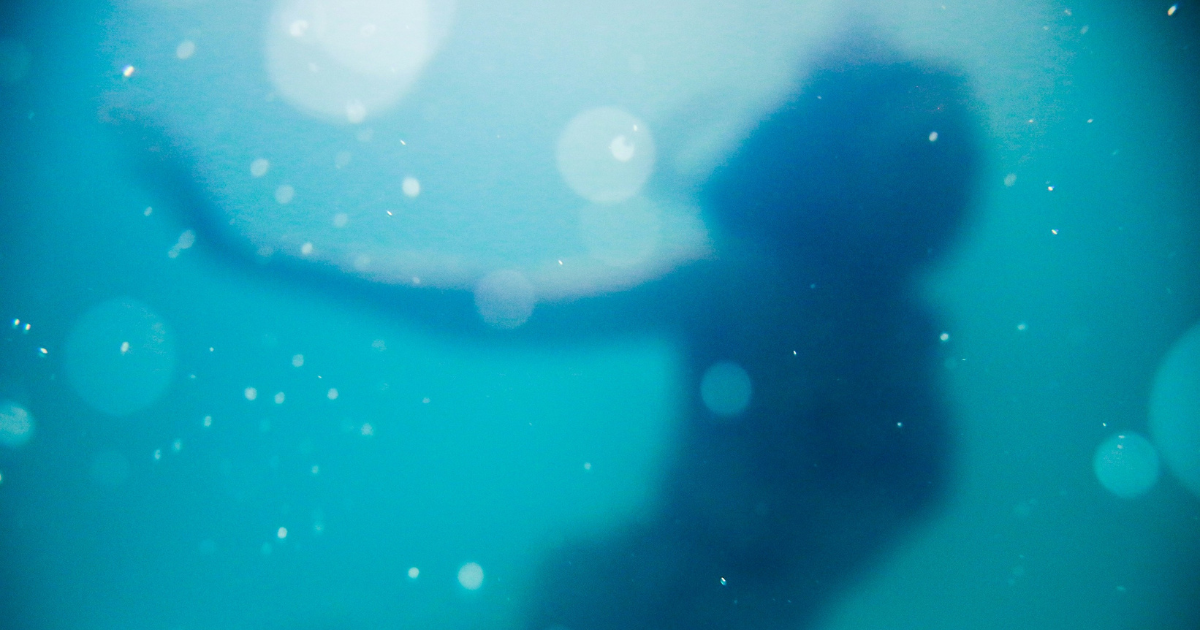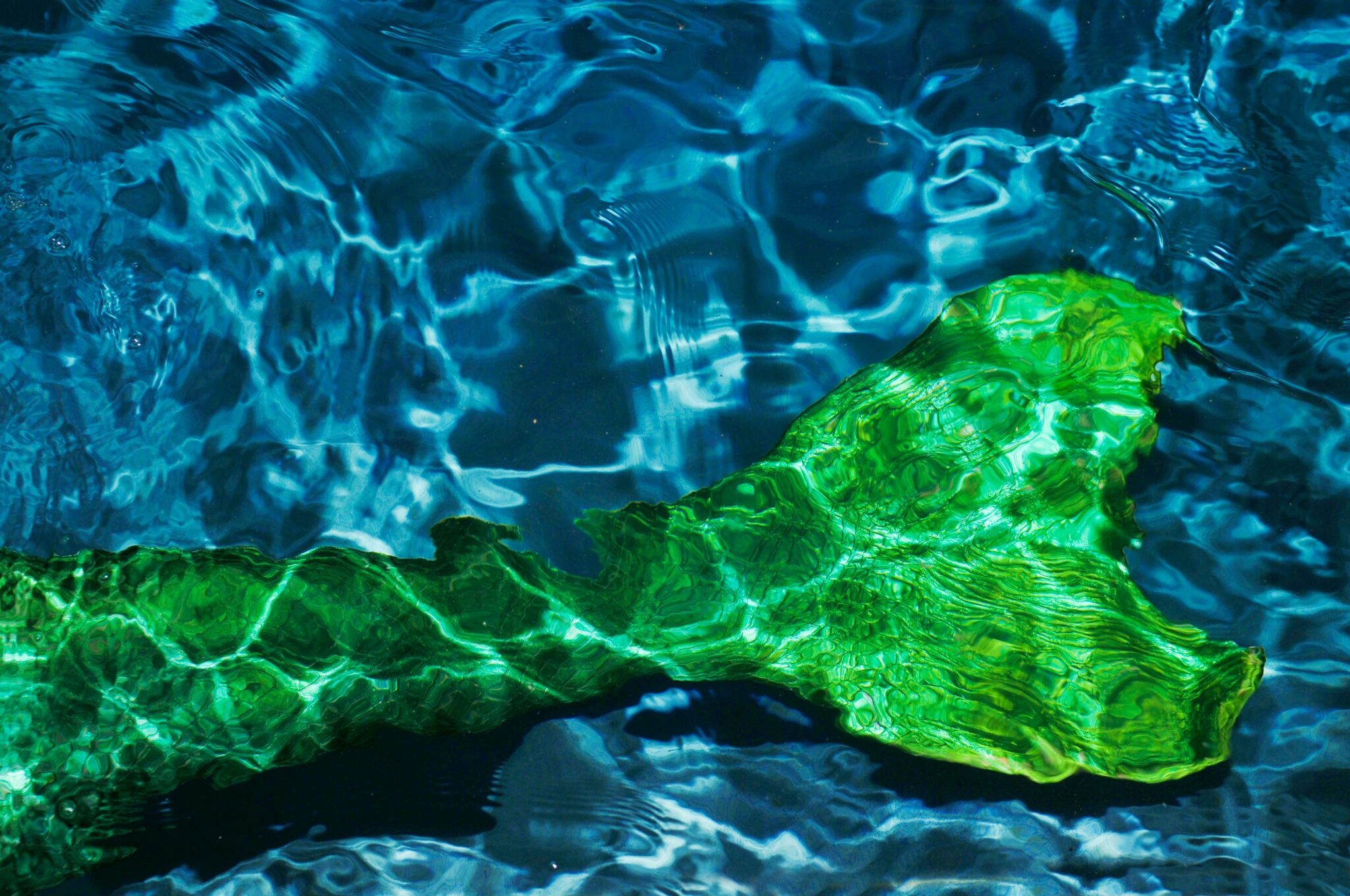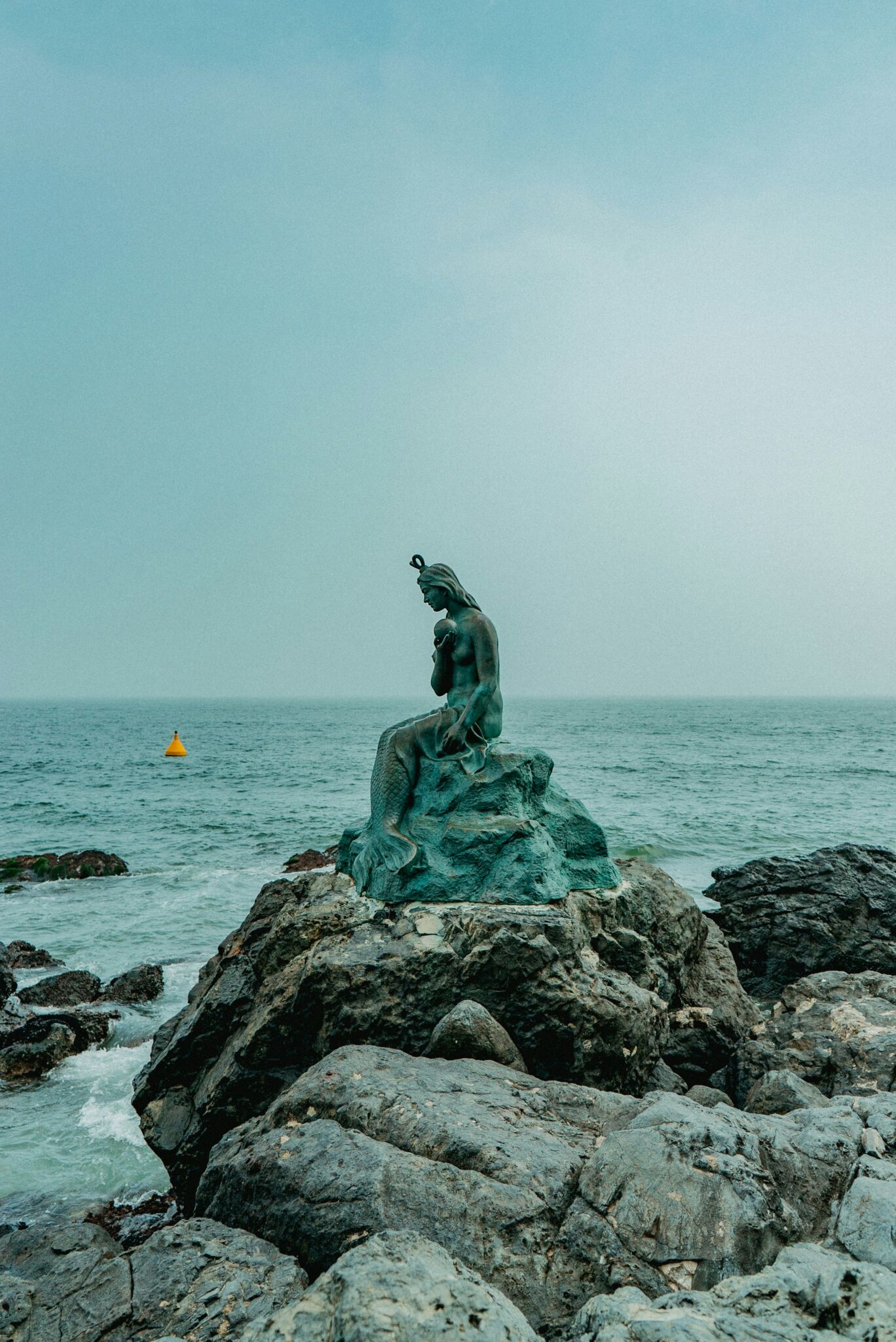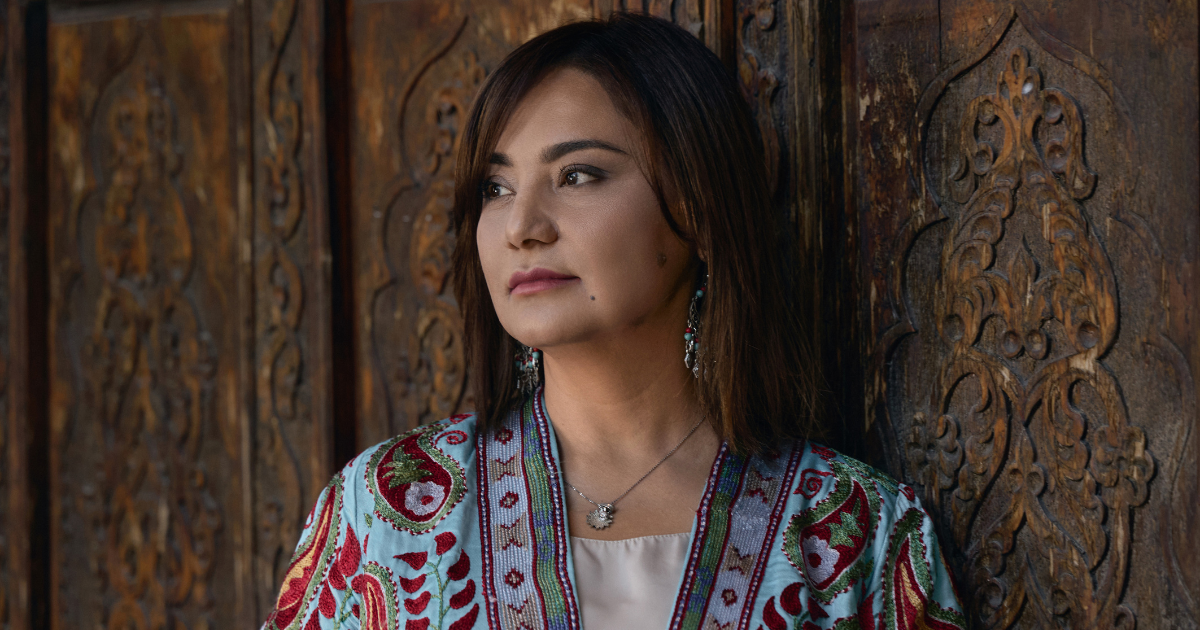The maidens of the seas
Legends of mermaids and their habitats

The tale of mermaids is as old as time. Numerous myths and legends about these mystical creatures have been passed down through generations. Thanks to Disney, many of us grew up with a romanticized image of a beautiful maiden with flowing red hair and a magic voice. But what truly defines a mermaid, and how do different cultures perceive these enchanting beings?

Photo: Unsplash, Jeremy Bishop
Mermaids habitats
The largest concentration of sea maidens was found in Ancient Greece. Given that most Greek cities are located near the Mediterranean Sea, it's no surprise that many myths are connected to the aquatic world. In ancient Greek culture, there were various water nymphs: nymphs, oceanids, naiads, nereids, and sirens.

Photo: Unsplash, Annette Batista
Understanding the mythical beings
Nymphs - Magical female spirits often found in bodies of water. The term "nymph" in Greek translates to "bride."
Naiads - Nymphs that inhabit fountains, wells, and underground springs. Naiads are spirits of fresh water, while oceanids are spirits of saltwater. Freshwater nymphs were considered peaceful beings, and their waters were believed to be healing, leading many to worship them.
Nereids - Daughters of the old man of the sea, Nereus, these 50 nymphs lived exclusively in the Mediterranean Sea. They were reputed to be the most beautiful among the nymphs, distinguishable by their blue hair. These benevolent beings often helped sailors who were drowning. One famous nereid, Thetis, married Peleus and gave birth to Achilles, the renowned hero of the Trojan War. She made her son immortal by dipping him into the River Styx.
The most malicious of all were the sirens. They differed from other sea maidens primarily in that they were half-women, half-birds. They were considered sea maidens because they were the daughters of the river god Achelous. When we think of a siren, we often imagine a beautiful mermaid; however, ancient sources describe them as fearsome creatures with enchanting voices that lured sailors to their doom.

Photo: Unsplash, Daniel Bernard
Even though belief in mermaids is rare in the modern world, their image remains as captivating as ever in popular culture. Beyond the vast array of merchandise featuring Disney's Ariel, there are numerous underwater shows in aquariums worldwide, costumed performers, and themed events for both children and adults. The illustrated image of a mermaid continues to be a compelling element in branding and entertainment.


